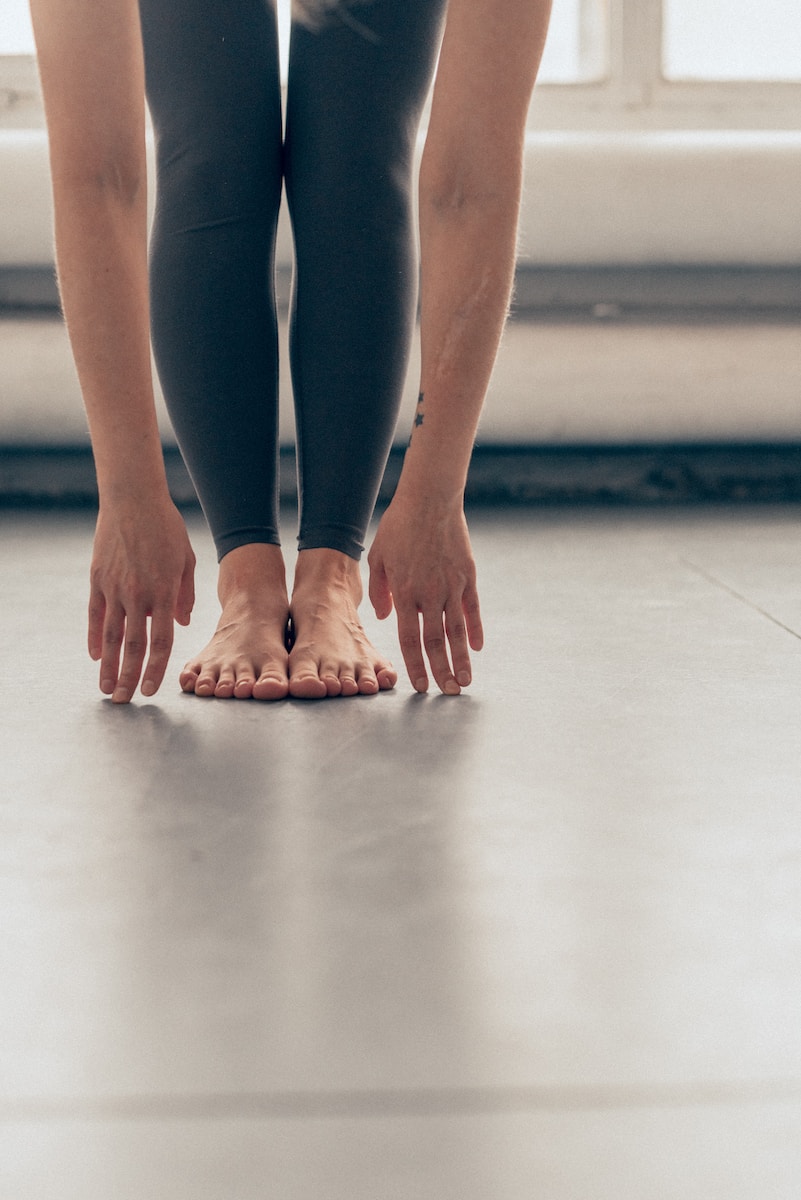Pilates, a unique and increasingly popular form of exercise, has captured the attention of fitness enthusiasts worldwide. Developed by Joseph Pilates in the early 20th century, this exercise method focuses on building strength, improving flexibility, and enhancing body awareness. By incorporating a series of controlled movements, Pilates primarily targets the core muscles, resulting in improved posture, balance, and overall physical well-being. In this comprehensive article, we will explore the numerous benefits of practicing Pilates and how it promotes smart flexibility.
What is Pilates?
Pilates is a low-impact exercise method that emphasizes the mind-body connection. It involves performing a series of precise movements with control and proper breathing techniques. Pilates can be practiced on a mat or by using specialized equipment such as reformers, cadillacs, and barrels. These exercises engage not only the deep core muscles, including the abdominals, back, hips, and glutes, but also other major muscle groups in the body.
Benefits of Pilates for Smart Flexibility
1. Enhanced Core Strength and Stability
One of the primary benefits of Pilates is the development of core strength and stability. The core muscles play a crucial role in maintaining good posture and supporting the spine. By strengthening and stabilizing these muscles, Pilates helps to alleviate back pain and improve overall body alignment. A strong core also enhances athletic performance in other sports and activities. Additionally, a strong core contributes to a more stable and balanced body, reducing the risk of falls and injuries.
2. Improved Flexibility
Flexibility is a fundamental component of smart movement. Pilates exercises focus on improving both static and dynamic flexibility. Through controlled and elongated movements, Pilates elongates muscles, improves joint mobility, and increases overall flexibility. This leads to an improved range of motion, preventing injuries and enhancing overall physical performance. Increased flexibility also allows for greater ease of movement in daily activities and promotes better body mechanics.
3. Increased Body Awareness
Pilates places a strong emphasis on body awareness, which involves being mindful of how the body moves and functions. This heightened awareness allows individuals to make conscious adjustments to their movement patterns, improving overall posture, coordination, and stability. By understanding how the body works, individuals can move more efficiently and reduce the risk of injuries. Body awareness gained through Pilates practice can also extend beyond the exercise session, positively impacting daily activities and promoting better body mechanics.
4. Postural Alignment
In today’s sedentary lifestyle, poor posture has become a common problem. Pilates helps correct and improve postural alignment. By strengthening the muscles that support the spine, Pilates promotes better posture, reducing the strain on the neck, shoulders, and lower back. Improved postural alignment not only enhances physical appearance but also prevents pain and discomfort caused by poor posture. By maintaining proper alignment, individuals can optimize their movement patterns and minimize the risk of spinal injuries.
5. Stress Relief and Mind-Body Connection
Pilates is known for its ability to reduce stress and promote relaxation. The mindful and controlled movements, combined with focused breathing, help individuals release tension and connect with their bodies on a deeper level. Pilates can be seen as a form of meditation in motion, allowing practitioners to find balance and improve mental well-being. By focusing on the present moment and tuning into the body’s sensations, Pilates cultivates a stronger mind-body connection, leading to a greater sense of overall well-being and calmness.
6. Injury Rehabilitation and Prevention
Pilates is often recommended by healthcare professionals as a form of rehabilitation for various injuries. The low-impact nature of Pilates makes it suitable for individuals recovering from injuries or suffering from chronic conditions, such as back pain or joint problems. The controlled movements and focus on proper alignment help individuals regain strength, flexibility, and range of motion during the rehabilitation process. Furthermore, regular Pilates practice can help prevent future injuries by strengthening the muscles and improving flexibility. By addressing muscular imbalances and promoting proper movement patterns, Pilates reduces the risk of overuse injuries and enhances overall physical resilience.
7. Increased Muscle Strength and Tone
While Pilates is renowned for its focus on core strength, it also targets other major muscle groups. The controlled resistance-based movements help build lean muscle mass, resulting in improved muscle tone and overall strength. Pilates exercises can be tailored to target specific areas of the body, allowing individuals to achieve their desired fitness goals. By working on both the larger and smaller muscle groups, Pilates provides a balanced and comprehensive approach to strength training, resulting in a sculpted and toned physique.
Conclusion
Pilates offers numerous benefits for individuals seeking smart flexibility and overall physical well-being. From enhanced core strength and improved flexibility to increased body awareness and postural alignment, Pilates provides a holistic approach to fitness. Incorporating Pilates into your fitness routine can not only help you achieve a well-toned and flexible body but also improve your mental well-being. So, why not give Pilates a try and experience its transformative effects firsthand?
This article is written by a SEO content writing expert with fluent English proficiency.
1. What is Pilates?
Pilates is a low-impact exercise method that focuses on the mind-body connection. It involves precise movements, control, and proper breathing techniques to engage core muscles and other major muscle groups in the body.
2. How does Pilates improve flexibility?
Pilates exercises improve both static and dynamic flexibility by elongating muscles, improving joint mobility, and increasing overall flexibility. This leads to an improved range of motion, preventing injuries and enhancing physical performance.
3. What is the significance of body awareness in Pilates?
Pilates emphasizes body awareness, which involves being mindful of how the body moves and functions. This awareness allows for conscious adjustments to movement patterns, improving posture, coordination, and stability.
4. Can Pilates help with postural alignment?
Yes, Pilates helps correct and improve postural alignment by strengthening the muscles that support the spine. This promotes better posture, reduces strain on the neck, shoulders, and lower back, and minimizes the risk of spinal injuries.









